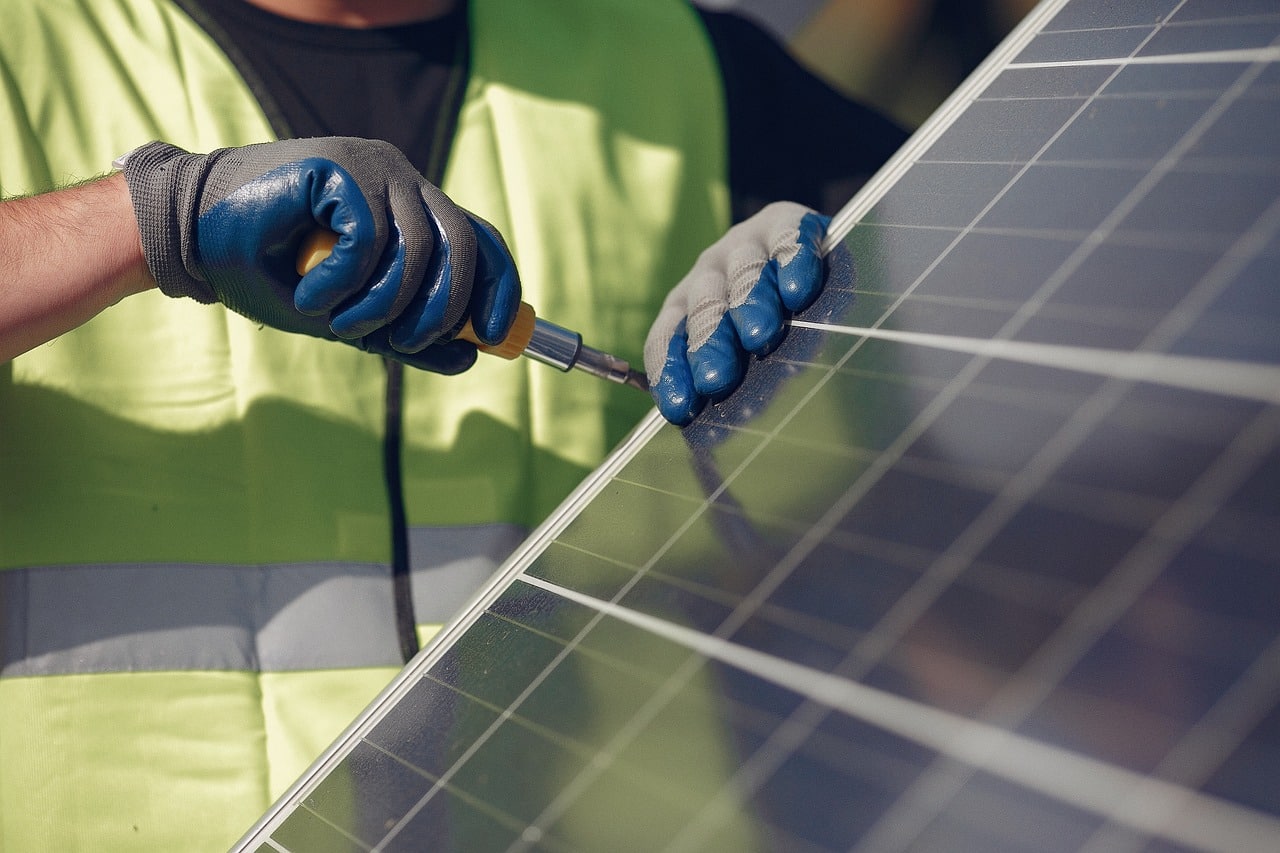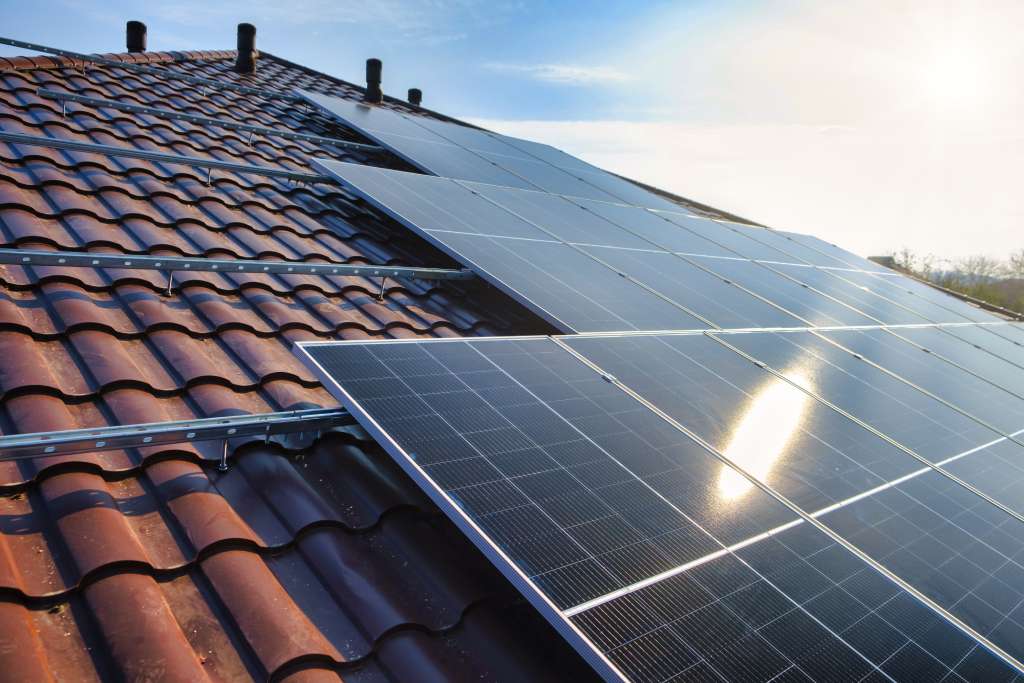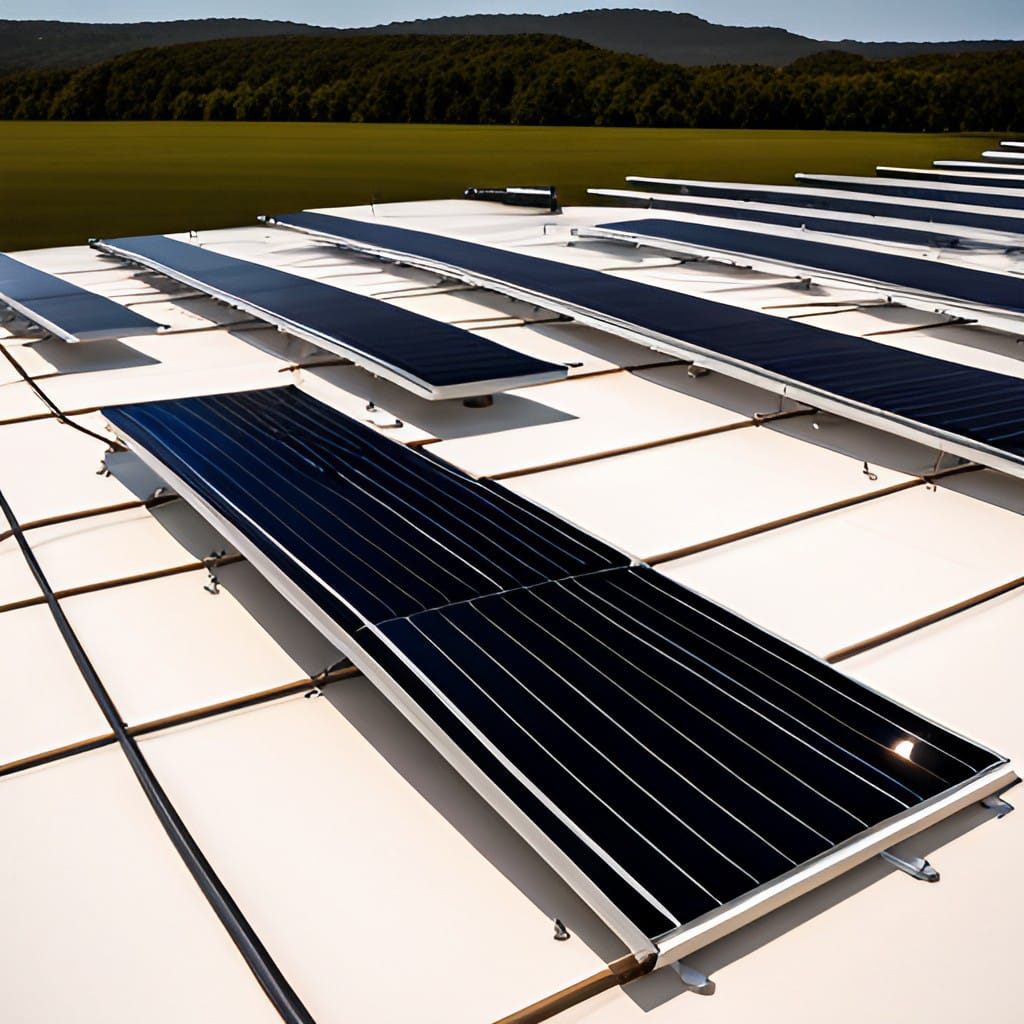At this point, solar power systems have been around for a while. However, solar panels and solar power are still newer concepts for many people. Unfortunately, that helps to perpetuate myths about solar energy.
There are plenty of myths circulating about solar panels and solar energy systems. The topics range from their reliability to their cost and long-term financial benefits.
Sun Source Energy is here to address these solar myths and share the facts. Keep reading to start debunking common myths about solar power!
The Basics: Accurate Info About Solar Panels and Solar Power
Understanding how solar panels work, the key benefits they offer for individuals, and the important trends shaping the solar power industry are essential for making informed decisions about harnessing solar energy for your home or business.
Before we dive into some common myths about solar energy, let’s explore some basic facts about the subject matter to gain a comprehensive understanding of the potential of solar technology.
How Solar Panels Work
Let’s begin by demystifying the process of harnessing the sun’s power for renewable energy. Here’s how solar panels turn sunlight into electricity you can use in your home:
- Solar panels, comprised of photovoltaic cells, convert sunlight into electricity through the photovoltaic effect.
- When sunlight hits these cells, they generate an electric current by freeing electrons from atoms within the material.
- This flow of electrons creates direct current (DC) electricity.
- The inverter then converts the DC electricity into alternating current (AC) electricity, making it compatible with household appliances and the electrical grid.
Nothing too crazy, right? Now that you know how the magic happens, let’s dive into the myriad of benefits this simple setup provides!
Key Benefits of Solar Panels for Individuals
Switching to solar energy offers numerous benefits for individuals, ranging from financial savings to environmental sustainability:
- Lower Energy Bills: Solar panels harness free sunlight to generate electricity, reducing reliance on grid power and resulting in lower monthly energy bills.
- Return on Investment (ROI): Despite the initial investment, solar panels typically pay for themselves over time through energy savings, offering a solid ROI.
- Energy Independence: By generating their own electricity, individuals can become less reliant on utility companies and fluctuating energy prices.
- Environmental Impact: Solar energy production produces no greenhouse gas emissions or air pollution, contributing to a cleaner environment and combating climate change.
- Increased Home Value: Homes equipped with solar panels tend to sell for more and attract more buyers in the real estate market, enhancing property value.
These benefits highlight the value of solar panels for individuals, offering both financial savings and environmental stewardship.
Important Trends in Solar Power
Over the past decade, the United States has witnessed a remarkable surge in both utility- and small-scale solar capacity, totaling an addition of more than 121 gigawatts (GW).
This remarkable increase represents a staggering growth of approximately 688%, resulting in nearly eightfold growth in solar capacity by the year 2023 compared to 2014.
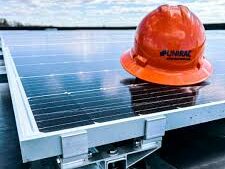
Likewise, the production of electricity from solar sources experienced a similar trajectory of growth. By 2023, solar energy generation in the U.S. soared to over eight times the output recorded in 2014, marking an impressive increase of more than 209,197 gigawatt-hours (GWh) or 723%.
Several states emerged as leaders in this solar revolution over the past decade. Notable frontrunners include California, Nevada, Texas, Florida, and North Carolina, each experiencing significant expansion in solar capacity, contributing substantially to the nation’s solar energy landscape.
Debunking Common Myths About Solar Power
As is always the case with game-changing, disruptive technologies, the solar industry has been the victim of some dishonest and unfair myths. Today, we’re going to debunk six of the most prevalent untruths often told about solar energy.
Myth #1: Solar Panels are Too Expensive
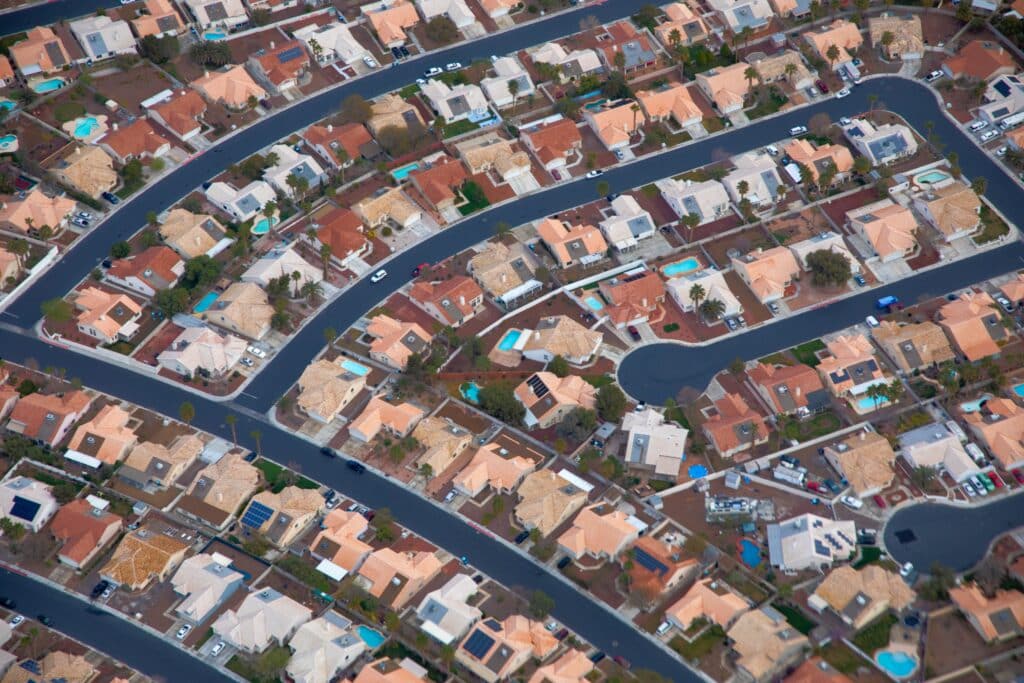
It’s a common misconception that solar panels come with a hefty price tag, but the reality is far more nuanced. While the initial cost of a residential solar system may range from $16,000 to $38,000, various financing options alleviate the burden of paying upfront.
Additionally, generous tax rebates help offset these costs, making solar more accessible and affordable for homeowners.
As the demand for solar energy continues to surge, government incentives and other initiatives continue to drive down costs, ensuring that solar power remains a cost-effective and sustainable option for all.
Myth #2: Solar Panels Only Work in Direct Sunlight
Contrary to popular belief, solar technology isn’t limited to sunny days. Even on cloudy, rainy, or snowy days, solar panels can still harness sunlight, albeit at reduced efficiency.
Solar panels actually perform optimally in colder, sunnier climates, as excessive heat can impede their efficiency—the focus here is on collecting light, not heat.
Moreover, advancements in battery storage technology enable solar energy to be stored and utilized during nighttime or when sunlight is unavailable. This clean-energy backup ensures an uninterrupted power supply, unlike traditional backup generators.
However, most homes with solar panels remain connected to the electric grid, ensuring a seamless transition to grid power when solar energy production is insufficient.
Myth #3: Solar Panels Will Damage Your Roof
Concerns about potential roof damage from solar panel installations are valid, but with proper precautions, these risks can be effectively mitigated.
Here are some key ways to safeguard your roof:
- Professional Installation: Opt for a reputable solar panel installer with expertise in assessing roof conditions and adhering to local building codes. Their knowledge ensures the proper installation method and minimizes the risk of damage.
- Compatible Mounting Systems: Choose a mounting system suitable for your roof type and material to ensure compatibility and structural integrity.
- Structural Assessment: Confirm that your roof can support the additional weight of solar panels and mounting systems. Consult a qualified installer to assess weight distribution and prevent structural issues.
- Leak Prevention Measures: Install leak barriers around solar panel mounting points to divert water away from roof penetrations, reducing the risk of water damage and leaks.
- Pest Management: Regularly inspect solar panel surroundings for signs of pests like birds or rodents, which may cause damage. Taking prompt action to remove pests prevents potential roof harm and maintains panel efficiency.
By following these guidelines and tips, homeowners can enjoy the benefits of solar energy without compromising their roof’s integrity. Proper installation and maintenance are key to ensuring a harmonious coexistence between solar panels and your roof.
Myth #4: Solar Panels Decrease the Resale Value of Your Home
The belief that solar panels decrease the resale value of homes is unfounded, as evidence suggests quite the opposite. Solar panel installations can enhance the overall value of your home in several ways.
Firstly, solar panels lead to significant savings on utility bills, making homes with solar more attractive to prospective buyers seeking to minimize long-term expenses.
As the demand for solar energy systems grows, more homebuyers actively seek properties already equipped with solar panels, recognizing the financial and environmental benefits they offer.
Furthermore, the long lifespan of solar panels, typically 25 years or more, underscores their value as a home improvement investment. With the assurance of decades of clean, renewable energy production, homeowners can confidently showcase the added value and sustainability of their property.
Myth #5: Solar Panels are Inefficient
There’s a common misconception regarding solar panel efficiency, often fueled by the misunderstanding of how solar technology operates.
While it’s true that solar panels typically have an efficiency rate of around 22%, it’s important to recognize that achieving 100% efficiency is impractical due to various factors.
Some sunlight is inevitably reflected off the panel surface or converted into heat instead of electricity. Additionally, solar cell materials have limitations in absorbing certain types of light, such as infrared light, further impacting overall efficiency.
However, it’s crucial to acknowledge the vast potential of solar energy. The sun emits an astonishing amount of energy, with just an hour and a half of sunlight providing more power than the world consumes in an entire year.
Furthermore, ongoing advancements in solar technology continue to drive improvements in efficiency and affordability.
Myth #6: Solar Panels Need Too Much Maintenance
Another prevalent fallacy surrounding solar panels is the belief that they require excessive maintenance. In reality, solar panels are remarkably low-maintenance and require minimal attention to ensure optimal performance. The upkeep of solar panels is relatively straightforward and hassle-free.
Routine maintenance for solar panels mostly involves occasional cleaning to remove dust, debris, or bird droppings that may accumulate on the surface. However, most solar panel installations are designed to be self-cleaning to some extent, with rainwater naturally rinsing away surface dirt.
With proper installation and regular inspection by certified professionals, solar panels can maintain optimal performance throughout their lifespan.
Myths Debunked!
For anyone paying attention, the myths surrounding solar energy have long been debunked, showcasing the affordability, efficiency, and minimal maintenance requirements of solar panels.
With these misconceptions cleared, it’s evident that solar power is a reliable, sustainable, and accessible energy solution for homeowners and businesses alike.
Learn more about our solar products and get a quote today. Click Here

